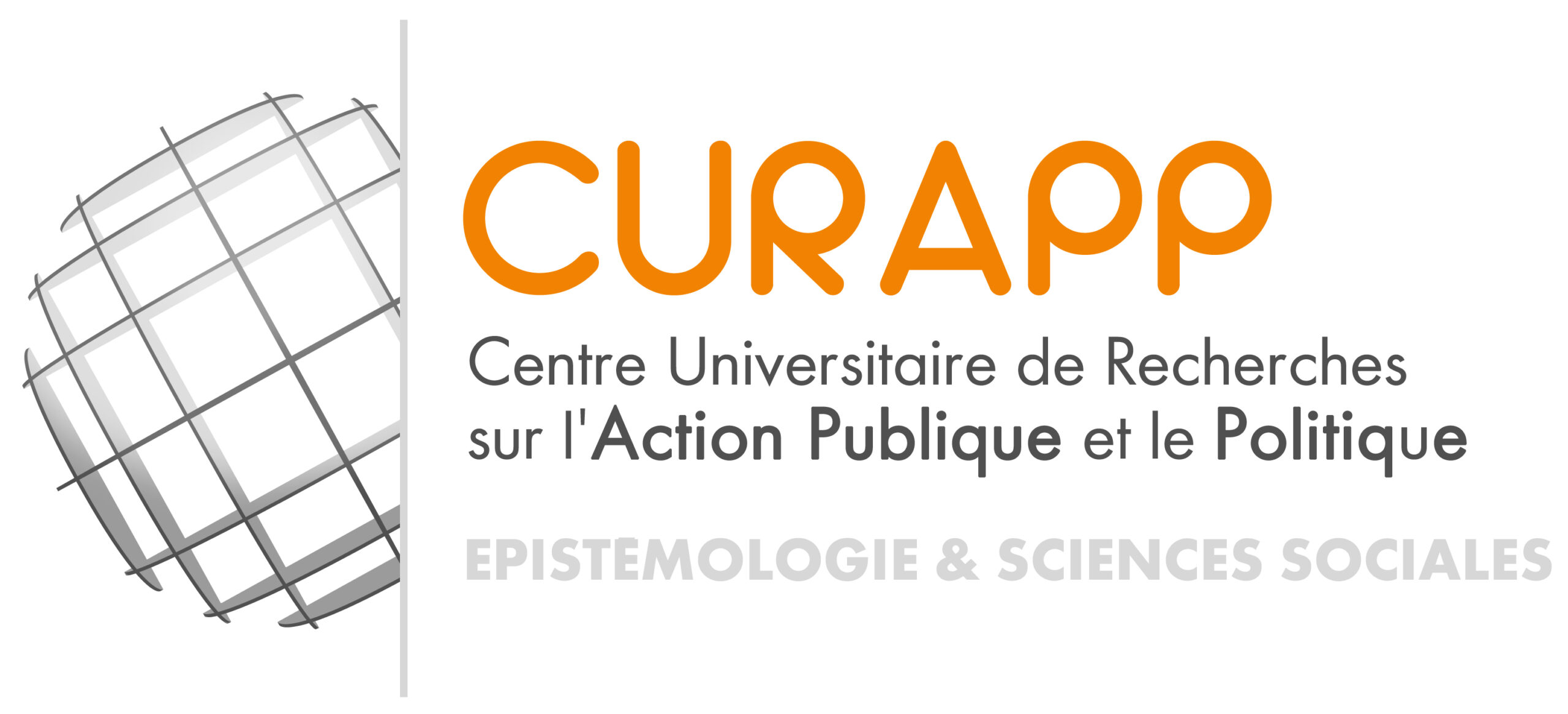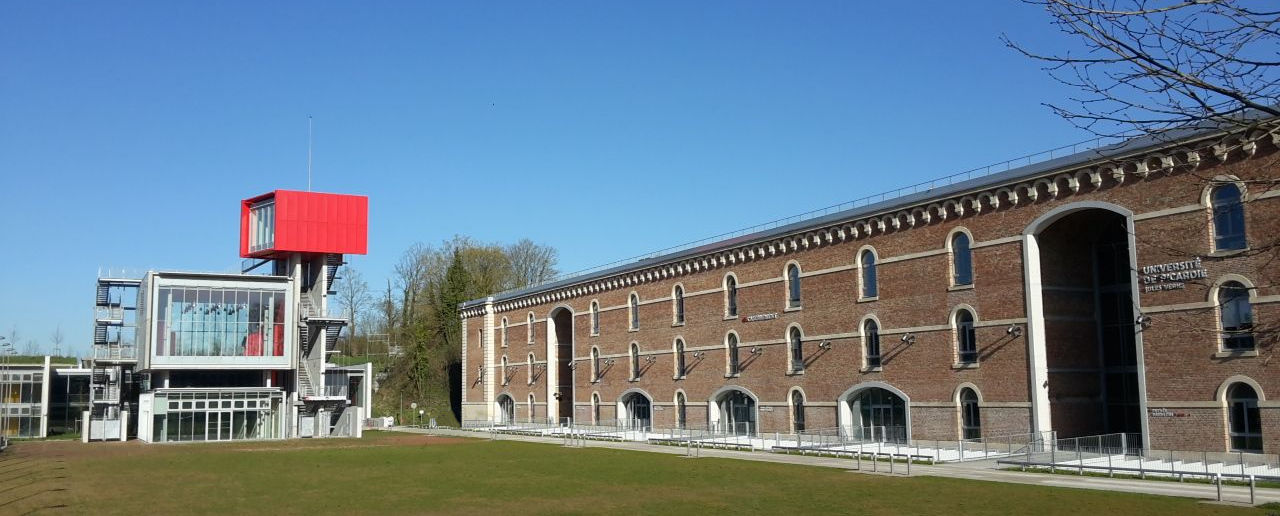Work-related political involvement
Work is considered as an entry point to study politicization in the conflict and regulation situations that structure the professional world. A research cluster on labour disputes has been created following the Region-funded structuring DYDIATEP project (“Territorial Dynamics and Social Dialogue for a Combined Approach of Work, Employment and Careers). Researchers are interested in workers whose jobs are threatened or in redundant workers. Research projects address the struggles for pay, the various modalities of workers’ politicization (racialization, litigation, etc.) and the evolution of the range of available actions (like “company takeover”).
But the they also study the involvement of unemployed workers, as well as the sequential multiple careers and the transformations of social groups that they reveal. Other works will determine how forms of involvement evolve, on a national and international scale, around the demands for labour rights or for their corollaries such as preserving public services and access to fundamental basic goods (right to water, food safety). Collective experiments of autonomous social spaces and of alternative labour organization (neo-rural communities) will also be explored.
Norms and margins of professional worlds
But work is also conceived as a sphere where relations to power and authority, collective identities and political representations of the world develop. This socialization to politics is all the more perceived that it is apprehended in professional spaces where we question work as a social norm. Therefore, some works analyse how social groups are constructed (secondary school teachers) and how professional worlds are being invented (public health doctors). Other works tackle the question through the analysis of social fringe categories, with topics such as the marginalization of the unemployed (indignity of the unemployed), of workers with a special status (disabled workers and convict workers) or with a marginalized and fragmented occupation (entertainment and cinema professionals). Finally, the theme of universal norms is studied through research on the value assignment and transmission processes of knowledge and qualifications.

